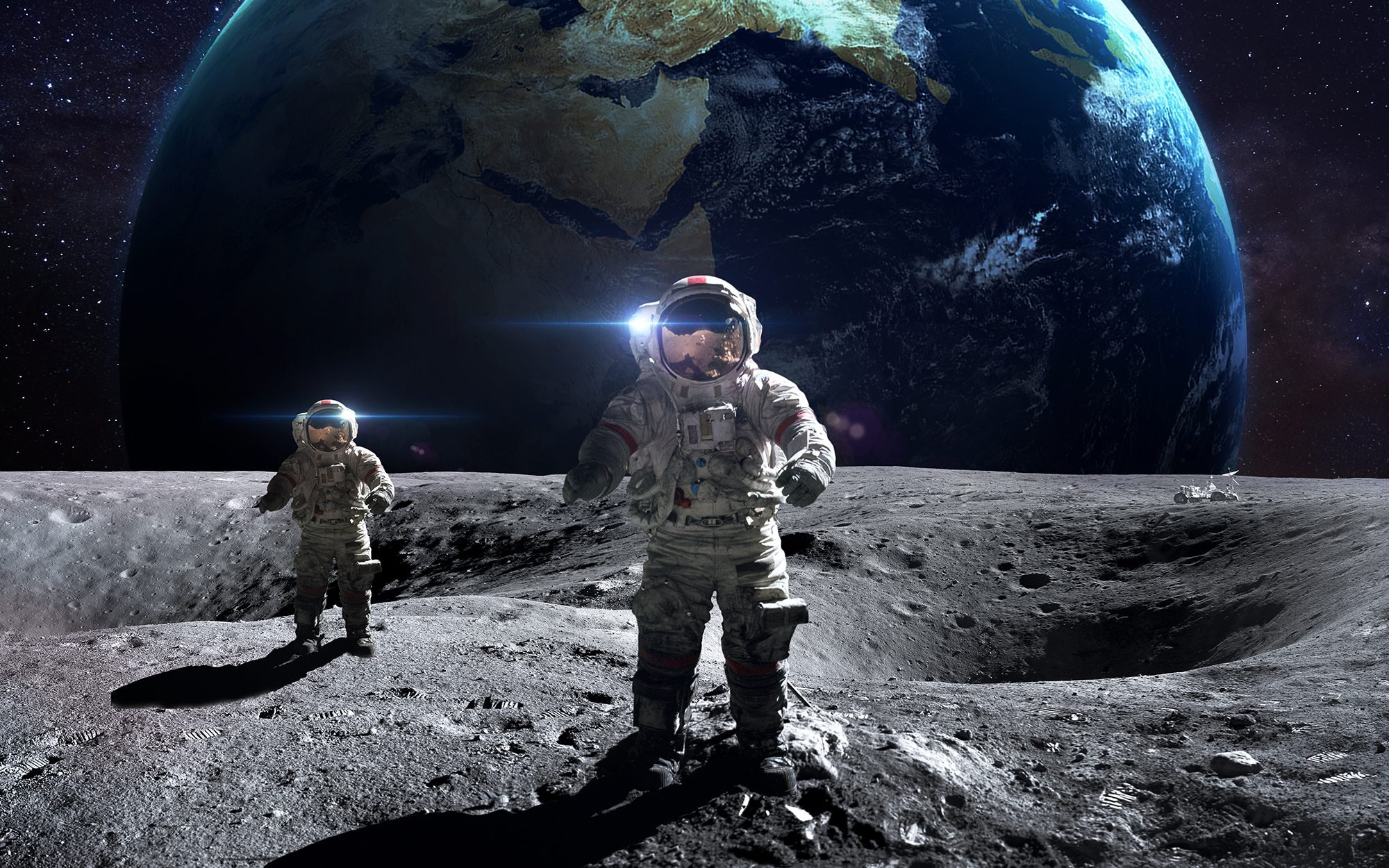
The vastness of the universe has always captivated humanity's imagination. From the twinkling stars to the enigmatic planets, space exploration stands as a testament to our innate desire to discover the unknown. Throughout history, we have gazed up at the night sky, dreaming of what lies beyond our earthly confines. With advancements in technology and a relentless spirit of inquiry, the quest for knowledge about our cosmos has reached unprecedented heights.
In recent decades, space exploration has evolved from mere speculation to tangible missions that have expanded our understanding of the universe. Government agencies like NASA and private companies such as SpaceX have spearheaded groundbreaking initiatives, sending rovers to Mars, launching telescopes into orbit, and even planning manned missions to the Moon and beyond. The excitement surrounding these endeavors is palpable, igniting a sense of wonder and curiosity in people around the globe.
As we delve deeper into the cosmos, questions arise about our place in the universe. What are the implications of discovering extraterrestrial life? How can we utilize the resources available in space for the benefit of humanity? As we explore these questions, we must also consider the ethical and practical challenges posed by space exploration. In this article, we will embark on a journey to understand the significance of space exploration, its history, its current state, and what the future may hold for humanity as we reach for the stars.
What is the History of Space Exploration?
The history of space exploration is a fascinating narrative that spans centuries, marked by significant milestones and groundbreaking achievements. The journey began with early theories about the cosmos, evolving into practical attempts to reach beyond Earth's atmosphere. Here’s a brief timeline of pivotal moments in space exploration:
- **1920s**: Theoretical groundwork laid by scientists like Konstantin Tsiolkovsky, who proposed ideas about rocket propulsion.
- **1957**: The launch of Sputnik 1 by the Soviet Union, marking the first artificial satellite in orbit.
- **1969**: NASA’s Apollo 11 mission successfully lands astronauts Neil Armstrong and Buzz Aldrin on the Moon.
- **1977**: The launch of the Voyager spacecraft, providing groundbreaking data about the outer planets.
- **1990**: The Hubble Space Telescope is launched, revolutionizing our understanding of the universe.
- **2020**: NASA's Perseverance rover lands on Mars, searching for signs of ancient life.
What are the Current Missions in Space Exploration?
As we delve into the present, multiple missions are actively contributing to our understanding of space. Notable projects include:
- **Mars 2020**: NASA’s Perseverance rover is on a quest to explore the surface of Mars, collecting samples for future return to Earth.
- **James Webb Space Telescope**: Launched to observe celestial objects and phenomena, this telescope aims to provide deeper insights into the formation of stars and galaxies.
- **Artemis Program**: This ambitious NASA initiative aims to return humans to the Moon by 2024, paving the way for future missions to Mars.
- **International Space Station (ISS)**: Continuing to be a hub for scientific research, the ISS allows astronauts from various countries to collaborate and conduct experiments in microgravity.
Why is Space Exploration Important?
Space exploration is pivotal not only for scientific advancement but also for inspiring future generations and addressing pressing global challenges. Some key reasons include:
- Scientific Discovery: Unveiling the mysteries of the universe enhances our understanding of fundamental questions about existence.
- Technological Advancements: The challenges of space exploration have led to innovations that benefit life on Earth, from medical technologies to improved materials.
- Inspiration: Space missions captivate the public’s imagination, encouraging youth to pursue careers in science, technology, engineering, and mathematics (STEM).
- Global Collaboration: Space exploration fosters international cooperation, uniting nations in the pursuit of common goals.
What Challenges Does Space Exploration Face?
Despite the excitement surrounding space exploration, several challenges remain. These obstacles include:
- Funding: Space missions require substantial financial investment, and budget constraints can hinder progress.
- Technological Limitations: Developing reliable and efficient spacecraft continues to be a complex engineering challenge.
- Health Risks: Astronauts face numerous health risks during long-duration space missions, including exposure to radiation and the effects of microgravity.
- Space Debris: The increasing amount of debris in Earth's orbit poses risks to spacecraft and satellites.
Who are the Pioneers of Space Exploration?
Throughout history, many individuals have played crucial roles in advancing space exploration. Here are some notable pioneers:
- Yuri Gagarin: The first human to journey into outer space, orbiting Earth in 1961.
- Neil Armstrong: The first person to walk on the Moon during the Apollo 11 mission.
- Wernher von Braun: A leading figure in rocket technology, instrumental in developing the Saturn V rocket.
- Mae Jemison: The first African American woman in space, flying aboard the Space Shuttle Endeavour.
What is the Future of Space Exploration?
The future of space exploration is bright and filled with possibilities. Upcoming missions and technological advancements promise to revolutionize our understanding of the cosmos. Some key areas of focus include:
- Manned Missions to Mars: Plans are underway to send astronauts to Mars, with the aim of establishing a human presence on the Red Planet.
- Commercial Space Travel: Private companies are paving the way for space tourism, potentially making space more accessible to the general public.
- Asteroid Mining: Exploring the potential for mining resources from asteroids could provide valuable materials for use on Earth and in space.
- Search for Extraterrestrial Life: Missions aimed at finding signs of life on other planets, such as Europa and Enceladus, are in development.
In conclusion, space exploration continues to captivate and inspire humanity, pushing the boundaries of what we know about our universe. As we stand on the brink of significant advancements, the questions we explore today will shape the future of our existence among the stars. The journey is just beginning, and the possibilities are limitless.
ncG1vNJzZmivp6x7o77EnKKepJxjwqx71aKpmqSmnq%2Bmv5NoqqmZk5p6psTPpaarmaSevK96x62kpQ%3D%3D